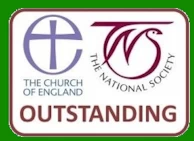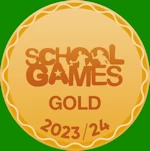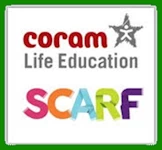We have developed a comprehensive maths curriculum designed to meet the needs of all children and foster a love of mathematics and numbersense. Our clearly sequenced curriculum ensures a clear progression of knowledge and skills; from early numbersense right through to algebraic operations. We want children to develop confidence in Maths with a ‘have a go’ attitude.
Intent
We aim to equip pupils with the tools to understand Maths. These tools include reasoning, problem solving and the ability to think in abstract ways. Mathematics is integral to all aspects of life; with this in mind, we strive to ensure that our children develop a healthy and enthusiastic attitude towards mathematics that will stay with them and support them in the next stage of their education and beyond. At each stage of learning, children are actively supported to reach their full potential as mathematicians.
The National Curriculum for mathematics aims to ensure that all pupils:
Implementation
All teachers follow a termly overview plan from White Rose Maths and are encouraged to design lessons using a range of resources to engage children. A typical Maths lesson provides the opportunity for all children, regardless of their ability, to become confident and capable learners through whole class teaching. We are committed to building on prior learning and enabling our children to demonstrate a deep, conceptual understanding of each topic that they can develop over time. Reasoning and problem-solving skills are explicitly taught to enable children to become independent learners who are prepared to take risks.
Impact
The impact of our Maths curriculum is that at the end of Key Stage 2 our pupils achieve and make progress in line with other pupils nationally, evident through:
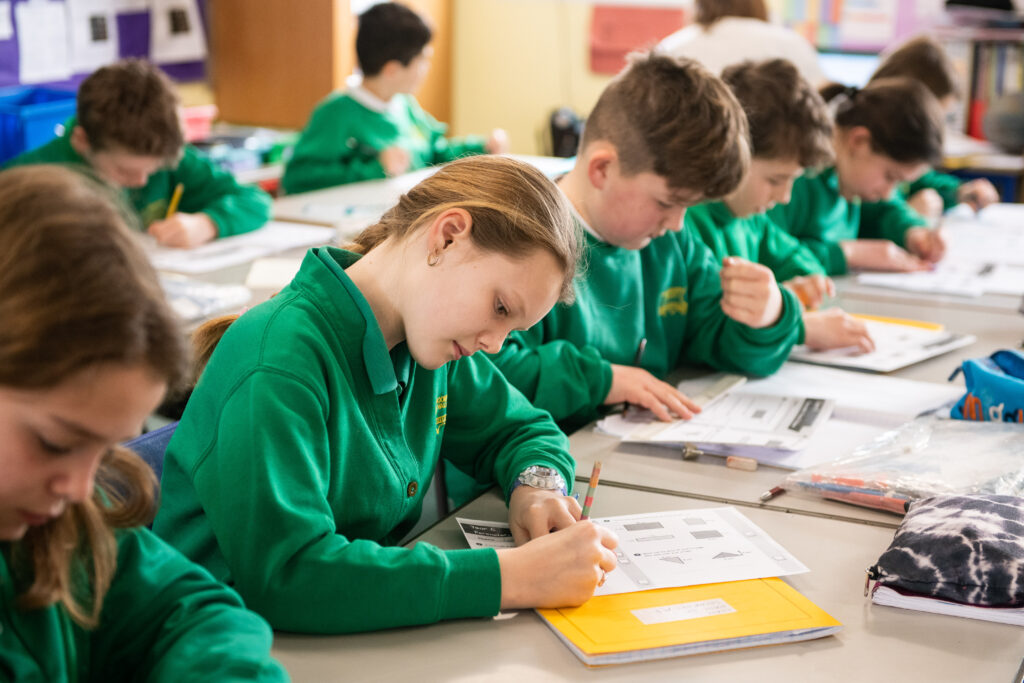
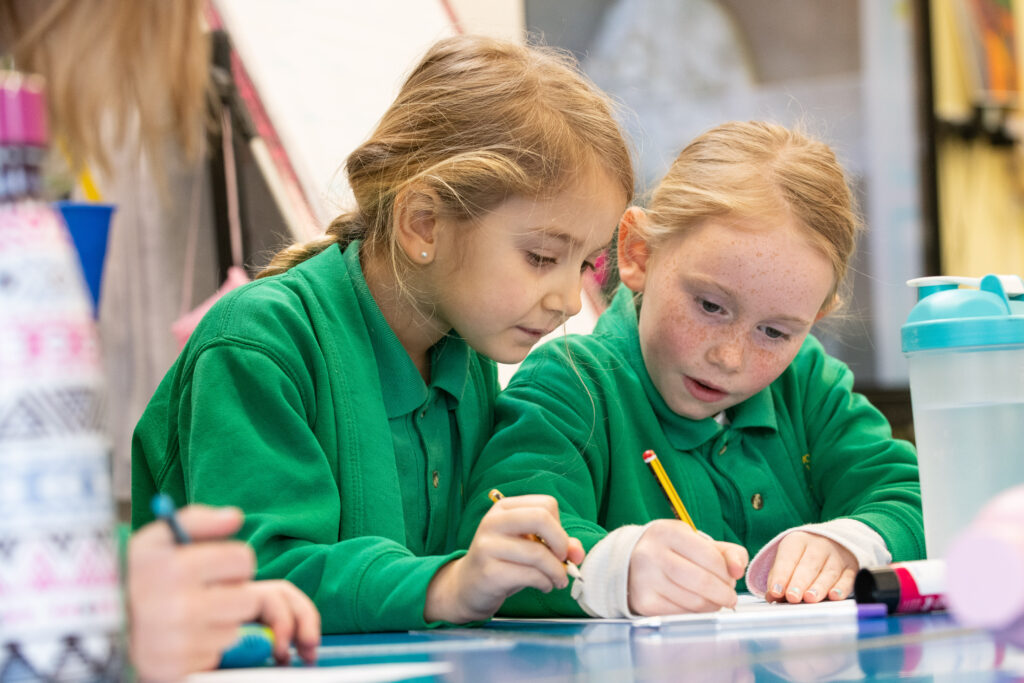


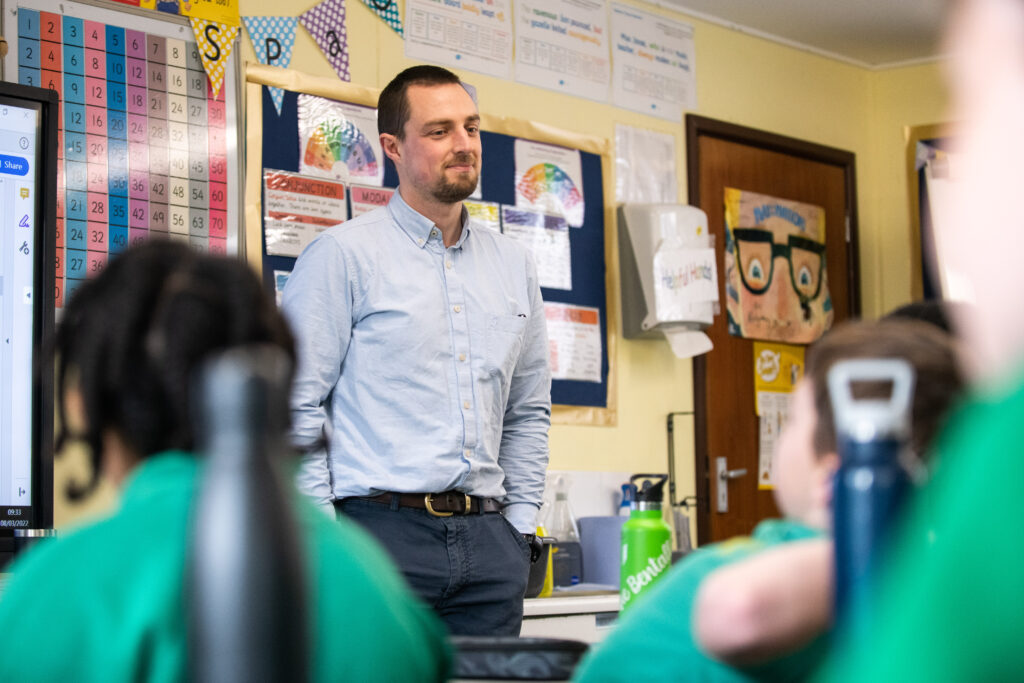
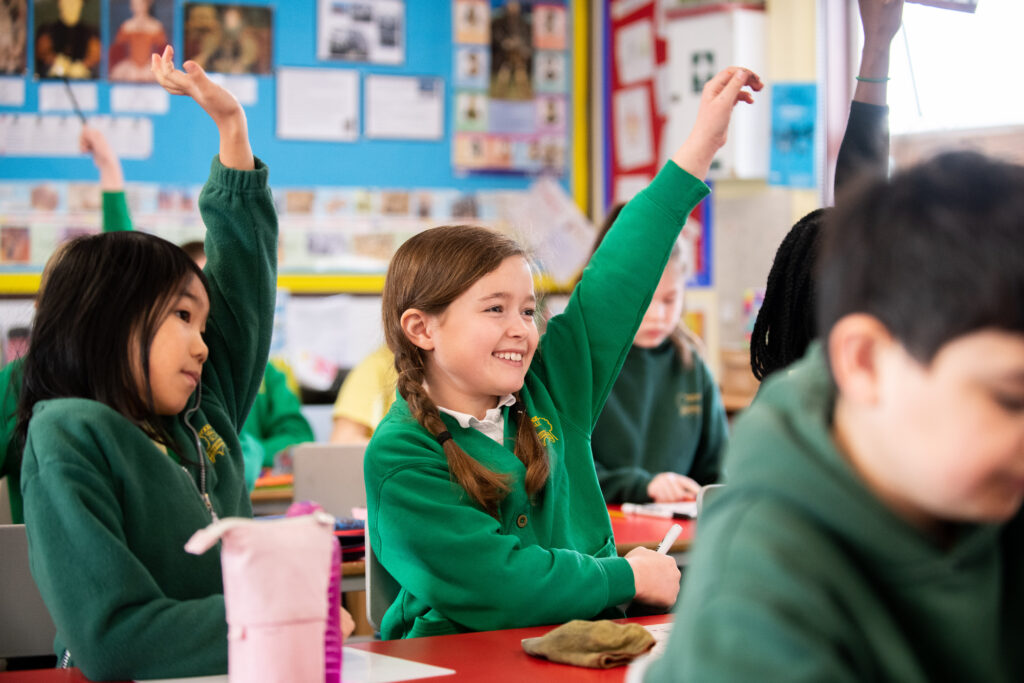
As a school we have adopted the mastery approach to teaching maths. A mastery approach means topics are broken down into small steps and that all children have a secure understanding of a topic before moving on to the next.
This approach promotes deeper understanding and therefore enjoyment as the children feel more confident and successful and are guided to think ever more deeply rather than just rushing to finish a line of sums.
At Woodford Valley, we prioritise the core knowledge of number facts in KS1 and Times Tables in KS2.
In KS1, children use Numbots to assist their number fact recall.
In KS2, we use Times Tables Rock Stars to promote Times Tables in addition to Mad Minute in Years 3-5.
Information on how maths is taught in school, or how you can support your child at home.
Information on how maths is taught in school, or how you can support your child at home.
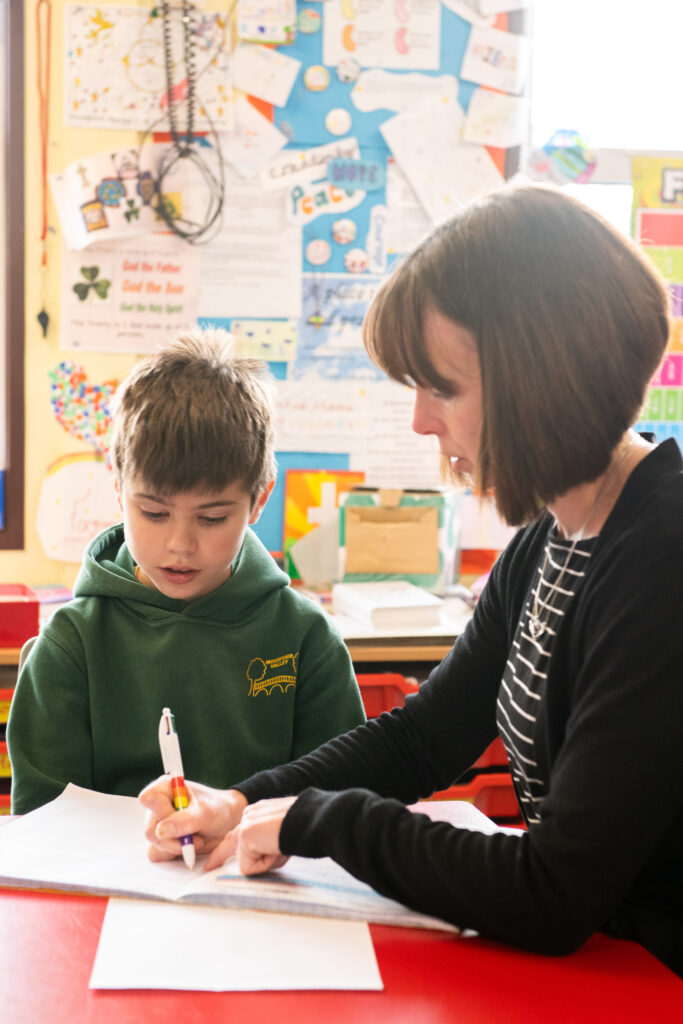
| Cookie | Duration | Description |
|---|---|---|
| cookielawinfo-checkbox-analytics | 11 months | This cookie is set by GDPR Cookie Consent plugin. The cookie is used to store the user consent for the cookies in the category "Analytics". |
| cookielawinfo-checkbox-functional | 11 months | The cookie is set by GDPR cookie consent to record the user consent for the cookies in the category "Functional". |
| cookielawinfo-checkbox-necessary | 11 months | This cookie is set by GDPR Cookie Consent plugin. The cookies is used to store the user consent for the cookies in the category "Necessary". |
| cookielawinfo-checkbox-others | 11 months | This cookie is set by GDPR Cookie Consent plugin. The cookie is used to store the user consent for the cookies in the category "Other. |
| cookielawinfo-checkbox-performance | 11 months | This cookie is set by GDPR Cookie Consent plugin. The cookie is used to store the user consent for the cookies in the category "Performance". |
| viewed_cookie_policy | 11 months | The cookie is set by the GDPR Cookie Consent plugin and is used to store whether or not user has consented to the use of cookies. It does not store any personal data. |
Woodford Valley C.E. Primary Academy
Middle Woodford, Salisbury
SP4 6NR
Telephone: 01722 782361
Email: office@woodfordvalley.wilts.sch.uk
